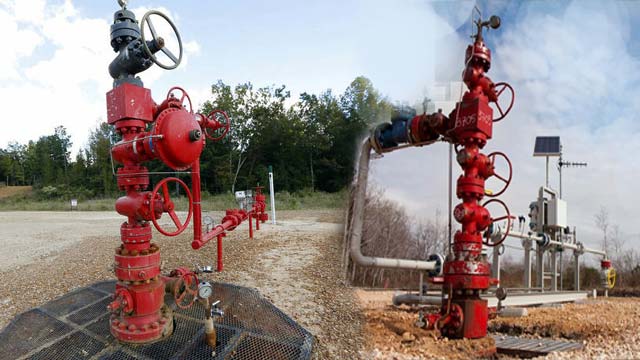
HARRISBURG, Pa. (AP) — Pennsylvania lawmakers approved legislation on Thursday night aimed at attracting carbon capture projects and federally funded hydrogen hubs to the state, despite criticism that the technology is unproven.
The Republican-led bill allows the Department of Environmental Protection to establish regulations for underground wells that store carbon dioxide. This storage is essential for carbon capture and removal technology, which supporters believe can help mitigate climate change.
The bill passed both the House and Senate and is now awaiting Democratic Gov. Josh Shapiro’s approval.
Critics argue that carbon capture is experimental and costly compared to other climate change solutions like enhancing energy conservation and expanding renewable energy sources. They contend that carbon capture has been exaggerated as a solution to climate change and will only lead to more pipelines and prolong the fossil fuel industry, which includes oil, coal, and natural gas.
Currently, the U.S. Environmental Protection Agency is responsible for permitting carbon storage wells in all but three states. Advocates for state-level permitting believe it will expedite the approval of new projects essential for reducing greenhouse gas emissions.
Supporters argue that attracting carbon capture projects to Pennsylvania is crucial for developing two hydrogen hubs recently awarded by the Biden administration.
These hydrogen hubs are part of a $7 billion federal initiative to promote the development and production of hydrogen fuel, a key element of President Joe Biden’s strategy to combat climate change by transitioning from fossil fuels to cleaner energy sources.
The Biden administration has increased tax incentives for carbon capture project developers and provided significant grants. In response, developers have submitted numerous permit applications to the EPA for new wells. However, only a few carbon capture projects are currently operational, and few wells have been approved so far.











